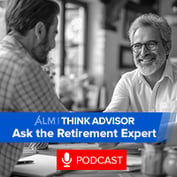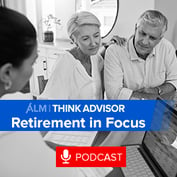The U.S. Securities and Exchange Commission has issued an important warning: It’s all about fees — the fees that you earn from the transactions you make for a client’s account and the fees that are paid by the client to unaffiliated parties, such as mutual fund companies (even when you don’t receive any portion of the fee that is paid by the client).
The SEC has filed several actions against investment advisors for failing to make required disclosures related to their selection of mutual fund share classes that paid a fee to the advisor (as a dually registered broker-dealer) or related entities or individuals — pursuant to Rule 12b-1 of the Investment Company Act of 1940 (Rule “12b-1” fee) — when a lower-cost share class of the same fund was available.
The associated legal cases are In the Matter of Packerland Brokerage Services, Inc., Investment Advisors Act Rel. No. 4832 (Dec. 21, 2017); In the Matter of SunTrust Investment Services, Inc., Investment Advisors Act Rel. No. 4769 (Sept. 14, 2017); In the Matter of Envoy Advisory, Inc., Investment Advisors Act Rel. No. 4764 (Sept. 8, 2017); and In the Matter of Cadaret, Grant & Co., Inc., Investment Advisors Act Rel. No. 4736 (Aug. 1, 2017).
New Initiative
On Feb. 12, 2018, the Commission announced a new self-reporting initiative, whereby the Division of Enforcement will agree not to recommend financial penalties against investment advisors who self-report violations of the federal securities laws relating to certain mutual fund share class selection issues and return money relating to this conflict to clients.
Investment advisors should consider self-reporting if they did not explicitly disclose in their Forms ADV the conflict of interest associated with the Rule 12b-1 fees the firm, its affiliates or its supervised persons received for investing advisory clients in a fund’s Rule 12b-1 fee-paying share class — when a lower-cost share class was available for the same fund. The Commission believes that many investment advisors’ disclosures were insufficient, because they did not specifically state that a lower share class of the same fund was available.
Attention









 April 03, 2018 at 05:03 PM
April 03, 2018 at 05:03 PM









